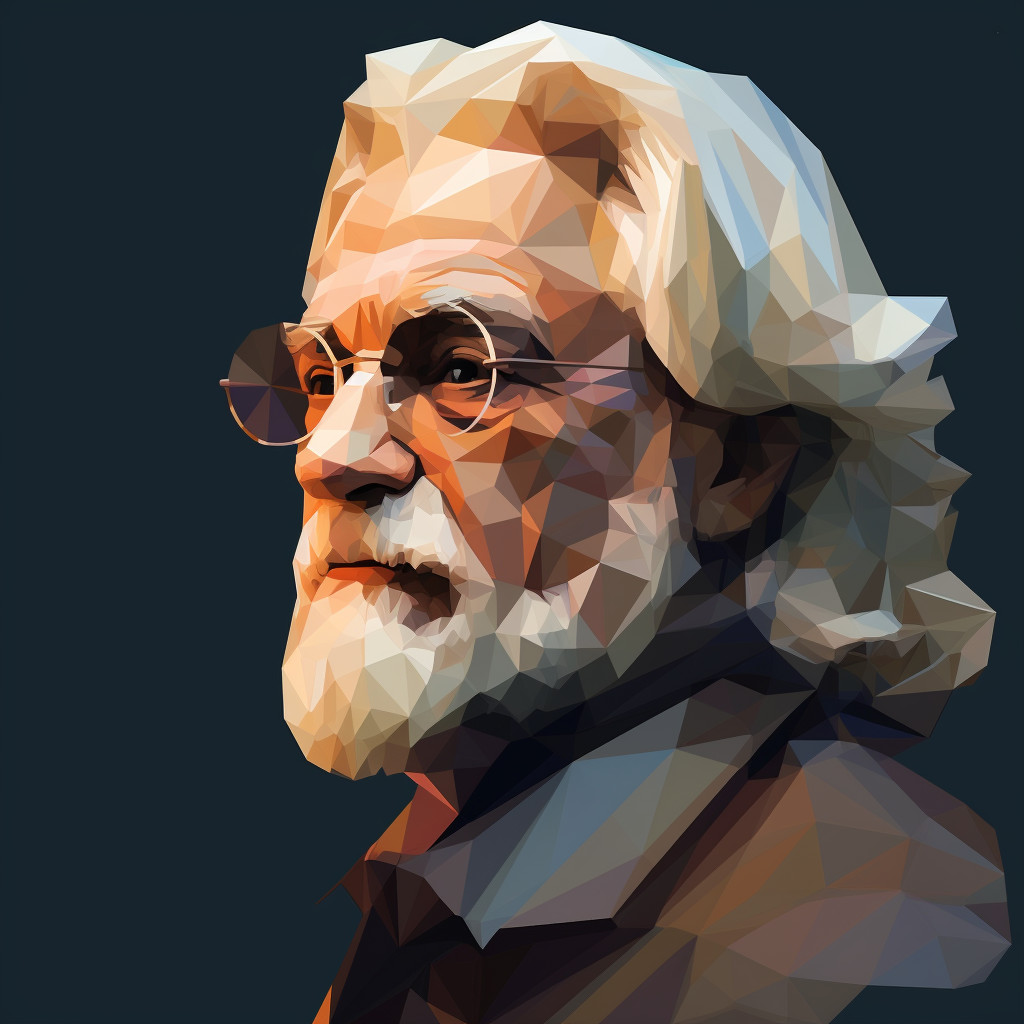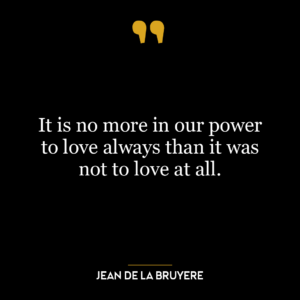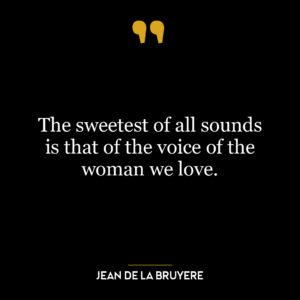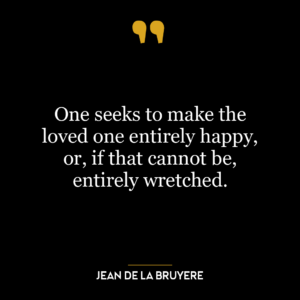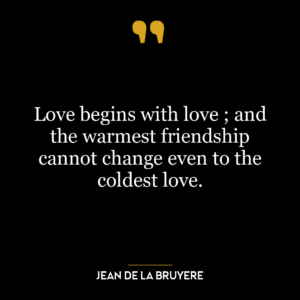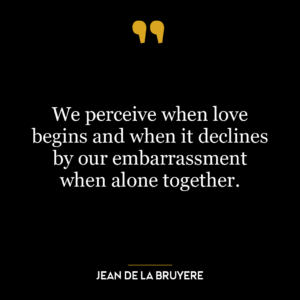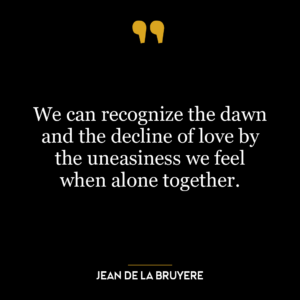This quote speaks to the transformative power of love and acceptance. It suggests that when an individual chooses to love another unconditionally, despite their flaws, differences, or circumstances, it fundamentally alters the environment around them. This change is not just confined to the relationship between the two individuals, but it can also have a ripple effect, influencing the attitudes and behaviors of those around them.
The ‘environment’ in this context can be interpreted in different ways. It could refer to the immediate setting around the two people, such as their home or community, or it could be seen in a broader sense, referring to the social, cultural, or even political climate. The act of choosing to love another person, ‘no matter what’, can challenge existing norms and prejudices, fostering greater understanding, empathy, and unity.
In today’s world, this idea is particularly relevant given the increasing polarization and division in many societies. Whether it’s political affiliations, racial or ethnic differences, or varying beliefs and lifestyles, there’s a growing tendency to ‘other’ those who are different from us. Choosing to love and accept others despite these differences can help to bridge these divides and foster a more inclusive and harmonious society.
In terms of personal development, this quote encourages us to be more open and accepting in our relationships. It challenges us to look beyond the surface, to see and love people for who they truly are, rather than what they appear to be or what we want them to be. This kind of unconditional love requires a deep sense of empathy and understanding, qualities that can be nurtured and developed over time. By practicing this kind of love, we not only enrich our own lives, but also contribute to a more loving and accepting world.



